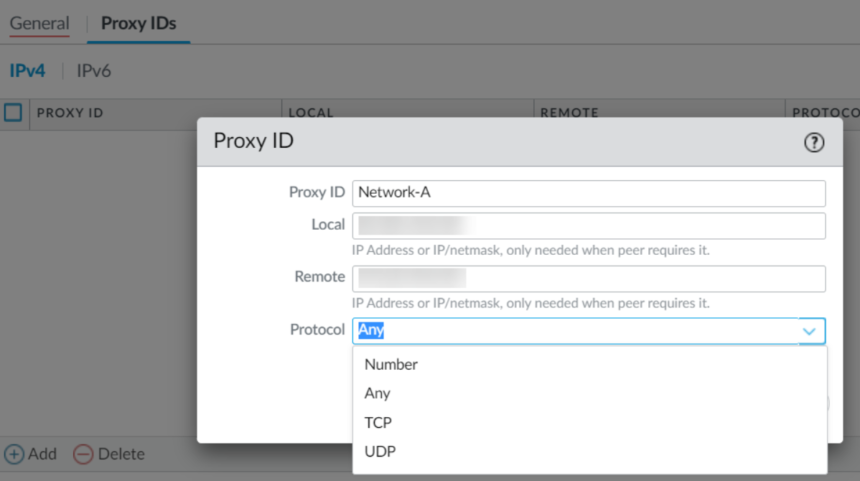Ever felt like your personal information is just floating around out there, vulnerable to anyone who happens to stumble across it? That’s where proxy numbers come in—like your own digital bodyguard. A proxy number acts as a stand-in for your real phone number, shielding it from public view while still letting you communicate. Think of it like giving someone a business card with an assistant’s number on it—your contact is managed without ever exposing your private line.
So, what is a proxy number? It’s a temporary or alternate number that reroutes communications—be it texts, calls, or app notifications—to your real phone or inbox. It’s a feature that’s been quietly revolutionizing how companies and individuals maintain privacy, especially in industries that thrive on user data, sales calls, or marketplace interactions.
Why Proxy Numbers Are Becoming Essential
The demand for privacy has never been louder. As more of our lives move online, the risk of exposing personal details like your phone number becomes more concerning. That’s where proxy numbers shine. They let people communicate securely and discreetly—without cutting off access.
For instance, rideshare platforms, delivery apps, dating sites, and online marketplaces are increasingly using proxy numbers. Why? Because it’s a win-win: users get the privacy they crave, while services can still deliver seamless interaction.
Imagine calling your food delivery driver without giving them your real number. Or chatting with a buyer on a second-hand goods platform without ever exposing your identity. The convenience is matched only by the protection it provides.
How Proxy Numbers Actually Work
Now, here’s where it gets technical—but stay with me, it’s worth it. When you use a proxy number, your call or message is first routed through a middle server. This server handles the communication between you and the other party, masking your real number in the process. Neither side sees the actual number of the other—only the proxy.
You might think of it like an invisible translator in a phone call: both parties are speaking, but the translator keeps their real identities hidden. This setup is especially handy for businesses that manage multiple client or customer interactions and want to protect their staff’s personal information.
And guess what? You don’t even need any fancy tech skills to use them. Many apps and services offer proxy numbers as a built-in feature or optional setting.
Where You Might Encounter Proxy Numbers
Proxy numbers aren’t just tech wizardry reserved for coders and IT departments. They’re everywhere—and chances are, you’ve interacted with one without even realizing it.
Ever received a call from a delivery person using a strange-looking number? That’s likely a proxy number. The same goes for short-term rentals, customer support lines, or any situation where two parties need to talk temporarily but don’t necessarily want to stay connected forever.
Here’s a quick mental image: you’re selling a bicycle on an online platform. You don’t want strangers having your real number, but you still want to coordinate the pickup. Enter the proxy number—it lets you keep things clean, safe, and business-like.
To go deeper into this topic, check out this article on what is a proxy number.
Benefits That Go Beyond Just Privacy
It’s easy to assume that proxy numbers are only about staying anonymous, but there’s more to the story. They’re also about control, security, and professionalism.
For businesses, proxy numbers allow customer service representatives or gig workers to make calls and send messages without sharing their personal contacts. It creates a professional boundary that builds trust. For individuals, it means peace of mind—no random texts or midnight calls from people who shouldn’t have your number in the first place.
They also play a major role in security protocols, helping to reduce spam, phishing, and other types of digital harassment. When a number is temporary or disposable, there’s less chance it can be abused.
Do You Need a Proxy Number? Let’s Be Honest—Probably Yes
If you’ve ever posted a classified ad, booked a short-term rental, or communicated with a stranger for any reason, a proxy number can be your safety net. It keeps your personal details personal, while still letting life go on as normal.
Think of it like locking your front door: you don’t expect trouble, but you’d rather not take the risk. Proxy numbers offer that same kind of proactive protection—subtle, effective, and totally under your control.
So next time you’re asked to share your phone number online, ask yourself: “Is this worth the risk?” If the answer is “not really,” then you already know what to do.













